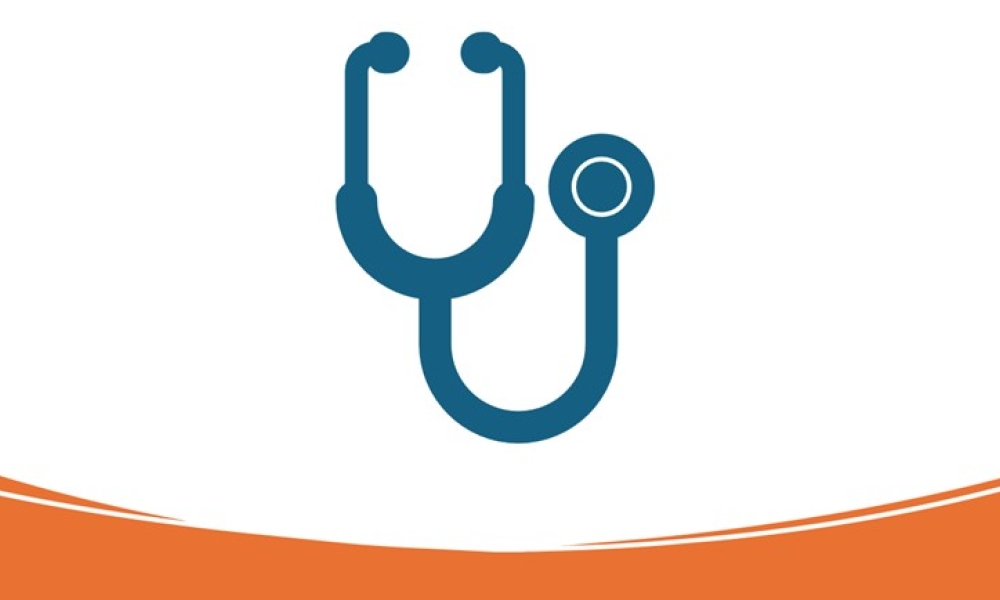The ATMP Issue: In this issue, we focus on the manufacturing of advanced therapy medicinal products, the costs associated with patient access, and readiness.
Features
Advanced therapy medicinal products (ATMPs), which include cell and gene therapy (C>) products, frequently require handling steps between quality control release and patient administration. These steps take place directly at the point of care and are especially critical for C>s with limited shelf life after preparation.
































































